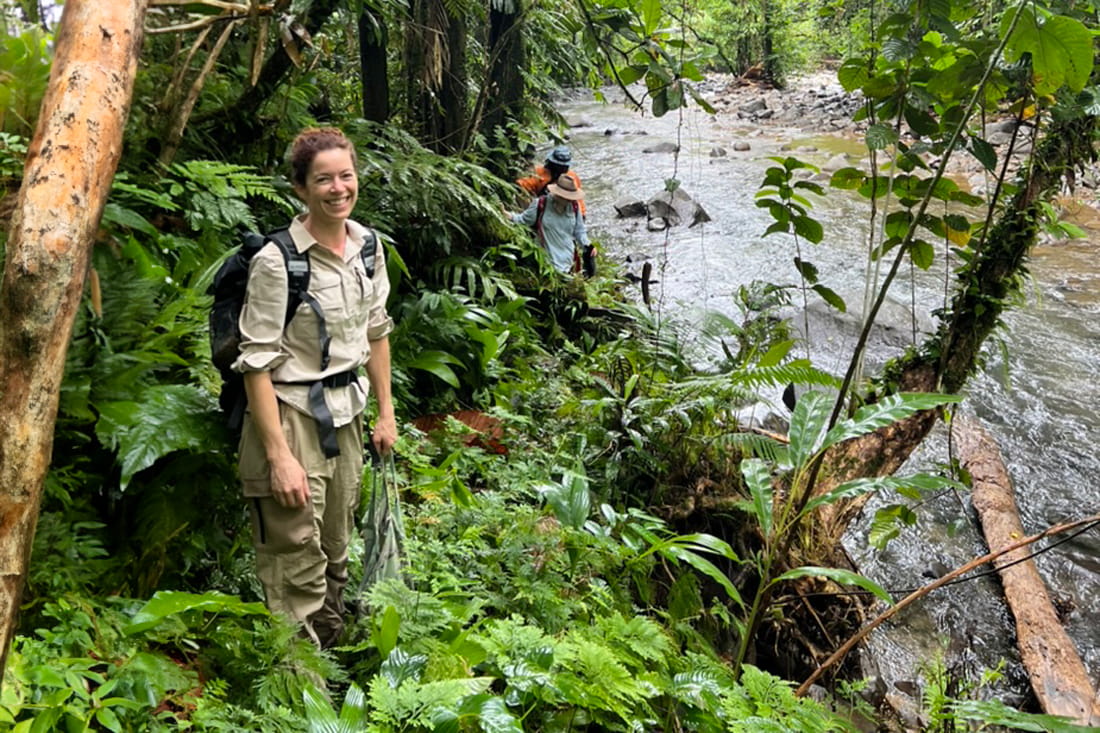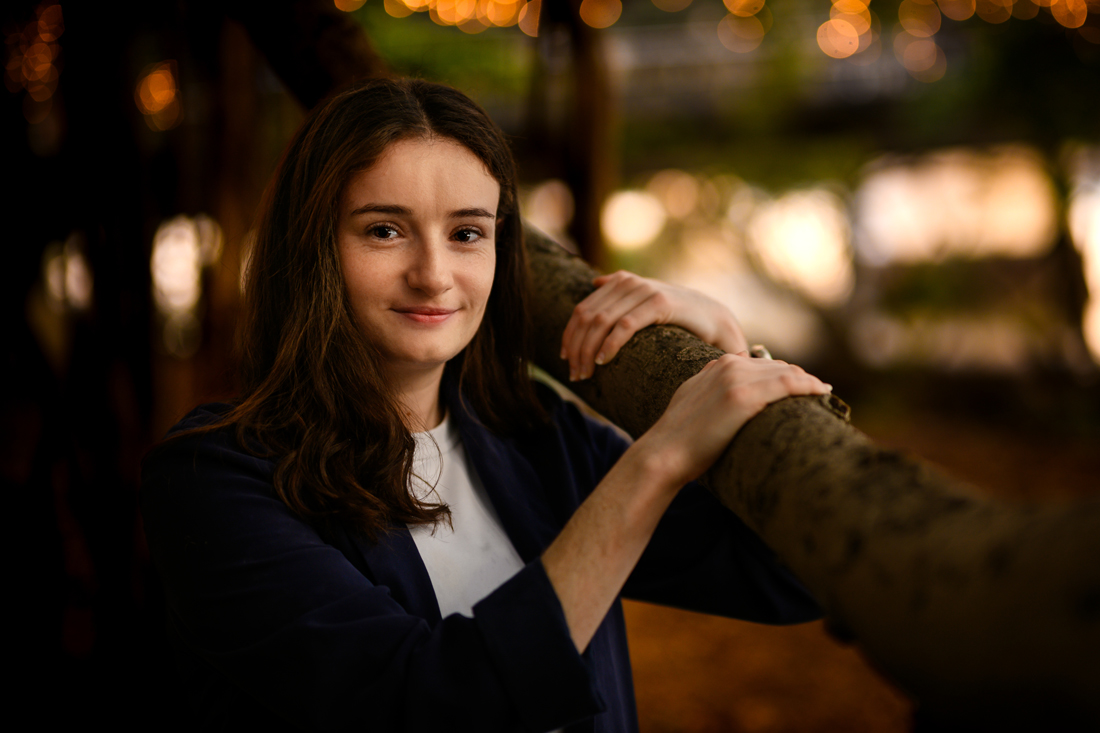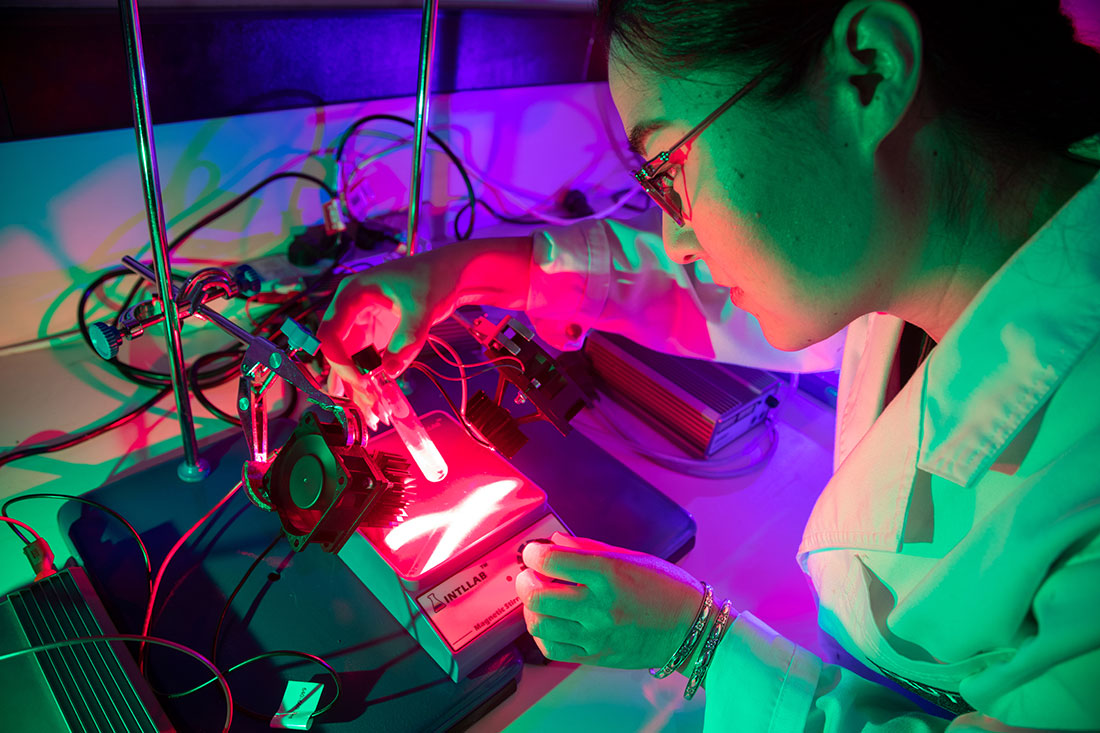Why choose this course?
QUT’s new Bachelor of Science (Advanced) will give you the passport to an international research career with an internationally recognised qualification.
This course is designed for those who have a passion for scientific inquiry and seek to pursue a career in scientific research. You’ll have successfully completed Year 12 Mathematical Methods and science subject aligned with your choice of major. By meetings these prerequisites, you’ll be able to bypass general science units to get straight into your area of passion - in this case, environmental sciences.
You'll explore geospatial information science, environmental pollution, and ecology; as well as soil science, conservation biology and groundwater systems. Collaborate with your peers and educators in well-equipped learning environments, exploring real-world problems from multiple scientific perspectives. You will find yourself out in the field, working in the laboratory and learning about the impact of scientific discovery on people, policy, industry and the planet.
This course is exclusively offered to a small cohort of high-achieving, driven students. This means you’ll receive dedicated support and opportunities, within that community of practice. You’ll study alongside other like-minded students, with leading QUT researchers in the labs and facilities; and immerse yourself in real-world research from your first year – with authentic research environments and projects. You’ll engage with the science research community and participate in QUT’s Science Research Symposium from your first year of studies – where scientific work is presented, critiqued and questioned.
You’ll have a personal desire to extend your studies in science through participation in extracurricular activities (for example, Vacation Research Experience Scheme (VRES), industry placements and research assistant positions), and you’ll be keen to take opportunities to continue your research career beyond undergraduate study.



